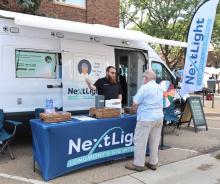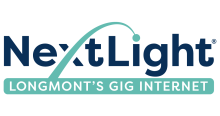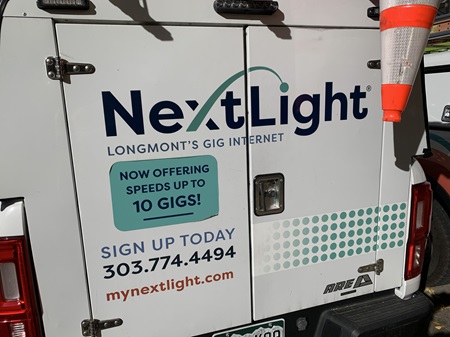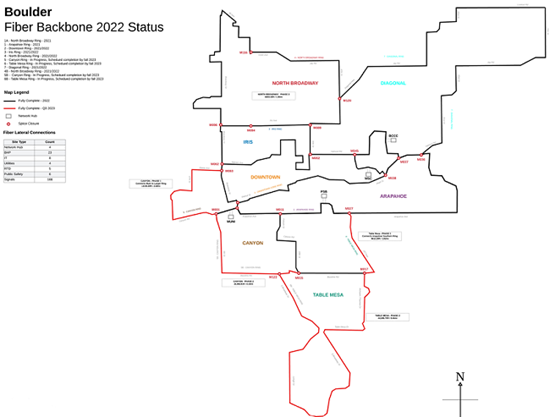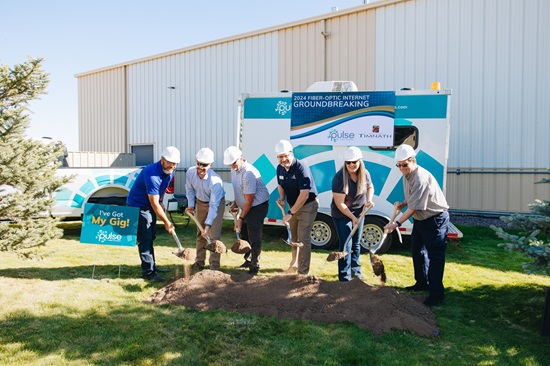High Cost Of The “Bargain:” Trump Administration BEAD Changes Herald Slower, More Expensive Broadband
Recent Trump administration changes to a massive federal broadband grant program are lowering standards for broadband access, shifting the focus away from affordability and equity, and potentially redirecting billions of dollars away from future-proof fiber networks toward slower, more expensive satellite options that don’t seem likely to fix U.S. broadband woes.
But states, worried about losing an historic round of broadband grants, may be too intimidated to be up front about the potential downside of changes the Trump administration calls “the benefit of the bargain.”
That’s the early story coming out of states like Tennessee, Colorado, and Texas, where state leaders are being forced to dramatically revamp billions of dollars in Broadband, Equity, Access, and Deployment (BEAD) grant planning.
In all three states the changes have introduced new delays and lowered last mile quality control standards. But an early look at the revamped bidding process in all three states shows that billions of dollars are likely being redirected away from locally-owned fiber networks to billionaire-owned low-Earth-orbit (LEO) satellite broadband options insufficient to the task.



